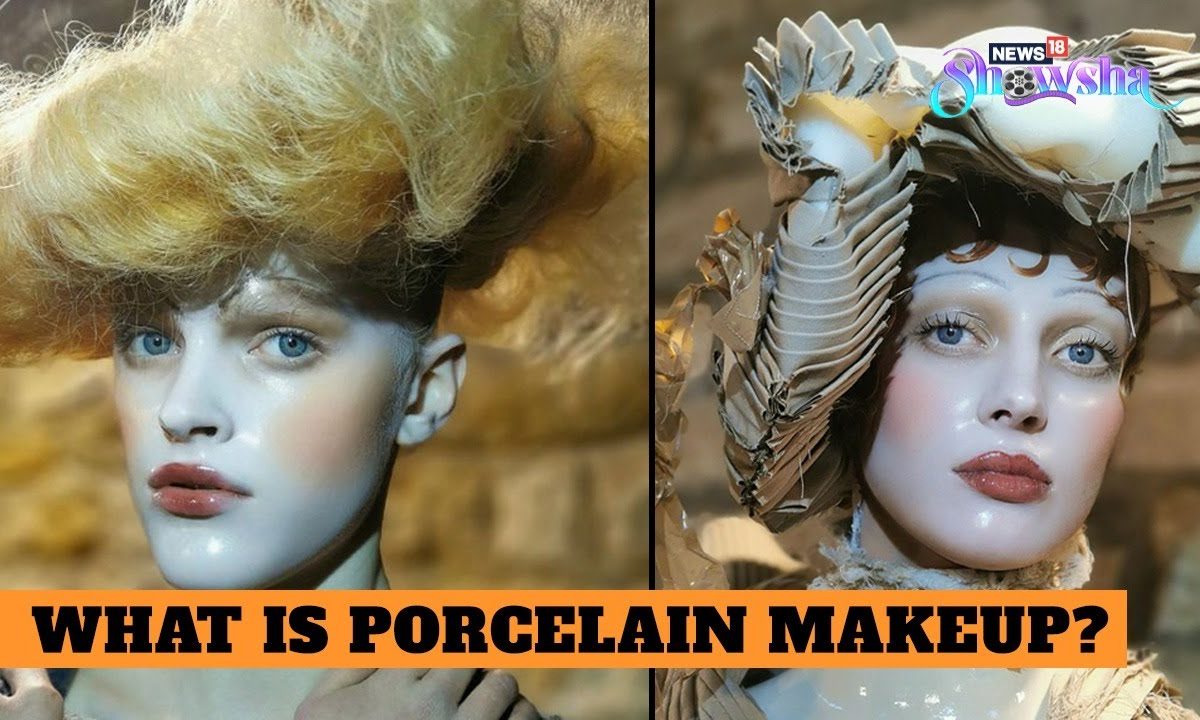American interior designer and fashion icon Iris Apfel has died at the age of 102.
The self-proclaimed “geriatric star” worked for decades in the textile industry before rising to fame as an octogenarian with recognition for her eccentric sense of design.
Apfel's signature look was characterized by oversized glasses, layers of chunky jewelry, and colorful, eclectic clothing, with her white hair cut in a bob.
The death of the “extraordinary” Apfel was confirmed by her business agent, Lori Sale, who did not provide the cause of death. She is believed to have died at her Palm Beach, Florida home.
The news reached her verified Instagram page on Friday, which a day earlier had celebrated Leap Day representing her 102 and a half birthday.
Born on August 29, 1921 into a Jewish family in New York, Apfel began studying art history and specialized in interior design, becoming an expert in antique textiles and fabrics.
She and her husband Carl Apfel owned a textile manufacturing company, Old World Weavers, and specialized in restoration work, including projects at the White House under six different American presidents. Apfel's famous clients included Estee Lauder and Greta Garbo.
Iris Apfel attends the Joanna Mastroianni Fall 2013 fashion show during Mercedes-Benz Fashion Week at The Studio at Lincoln Center on February 10, 2013
(Joe Kohen/Getty Images for Joanna Mastroianni))
Apfel's public profile soared in 2005, when the Costume Institute of the Metropolitan Museum of Art in New York City organized an exhibition dedicated to her, titled “Rara Avis,” which means “rare bird” in Latin.
The museum celebrated his style, describing it as “ingenious and exuberantly idiosyncratic.” It happened by pure luck, as the museum was looking for a last-minute replacement, but it ended up becoming a hit and garnering a flood of publicity.
He gained almost 3 million followers on Instagram, where his profile declares: “More is more and less is boring.” On TikTok, he gained 215,000 followers while sharing ideas about fashion and style while promoting his recent collaborations.
“Being stylish and being fashionable are two completely different things,” she said in a TikTok video. “You can easily shop your way to being fashionable. Style, I think, is in your DNA. It implies originality and courage.”
Iris Apfel attends the front row of Monse in 2016
(Getty Images)
In 2011, she said The New York Times: “When you don't dress like everyone else, you don't have to think like everyone else.”
It then became the subject of the documentary. Irisan Albert Maysles production that first aired in 2014. It became available to film enthusiasts a year later in the United States and Great Britain.
It was acclaimed by film critic Manohla Dargis of The New York Times as “an insistent rejection of monocultural conformity” and “a delicious revelation about life, love, flashy glasses, bracelets the size of tricycle tires, and the art of making the grandest entrances.”
Iris Apfel attends the 25th ACE Awards on November 2, 2021
(Getty Images for Cou Accessories)
In 2016, Apfel appeared in a television advertisement for the French car DS 3, became an ambassador for the Australian brand Blue Illusion and began a collaboration with the startup WiseWear. The following year, Mattel created a unique Barbie doll in his likeness, although it was not available for sale.
She described herself as the “accidental icon,” which later became the title of her autobiography she published in 2018, full of memories and stylistic reflections.
When asked by the Associated Press for fashion advice in 2017, he said: “Everyone should find their own path. I'm great at individuality. I don't like trends. If you learn who you are and what you look like and what you can handle, you'll know what do”.
Additional agency reports












